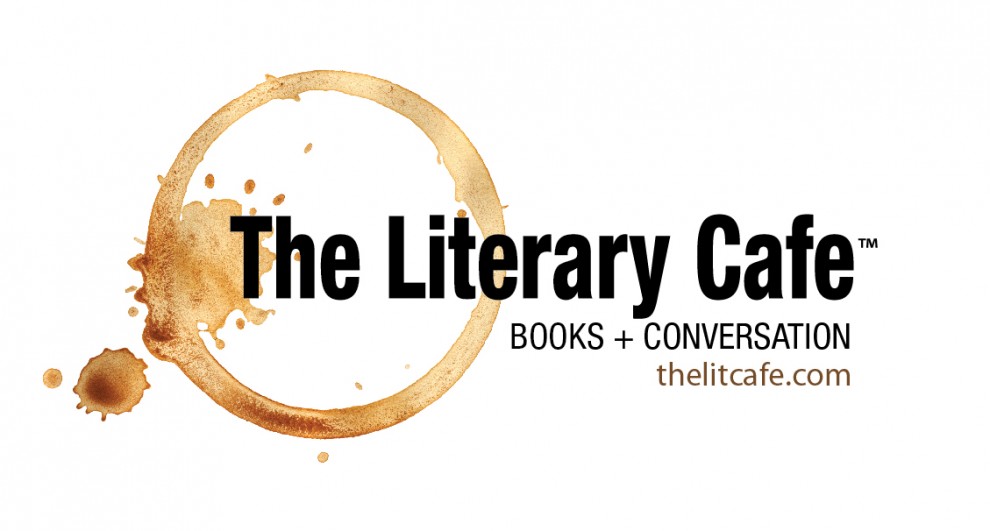Ian McEwan's well-known work Atonement deals with the act of a child that resonates for a lifetime. The Children Act deals with the right of a child to act. In a "ripped from the headlines" prescient story, a judge is deciding whether or not a boy of 17 is entitled to refuse standard treatment for leukemia.
Much like the current news story of Connecticut teen refusing chemo therapy, McEwan bases his story on real life stories in the U.K. The Children Act, however, is a fictional story from the judge's point-of-view. Fiona Maye, the lead character, is very good at her job. She deftly navigates harrowing family situations with Salomon-like wisdom. She's had failures, but they have informed her work not broken her confidence.
Then comes a case about a bright young man just shy of 18, who is refusing a blood transfusion based on his beliefs as a Jehovah Witness. Fiona is in the midst of a personal crisis, but she can compartmentalize like a super hero. Her interactions with the boy, the subsequent judgement and post-decision interactions drive this slim novel.
The Children Act is about relationships. In McEwan's had the writing is taut and unsentimental, but beautiful all the same. His prose provide a tension that simmers below the surface and keeps the reader thoroughly engaged. Ultimately, he makes clear that the things that happen when we are young resonate for a long time.
About the Author
Ian McEwan has written fifteen novels including On Chesil Beach and Saturday. He won the National Book Critics Circle Award for Atonement and the Booker prize for Amsterdam. He lives in Gloucestershire, England.
Same Shelf
Atonement
Ian McEwan



